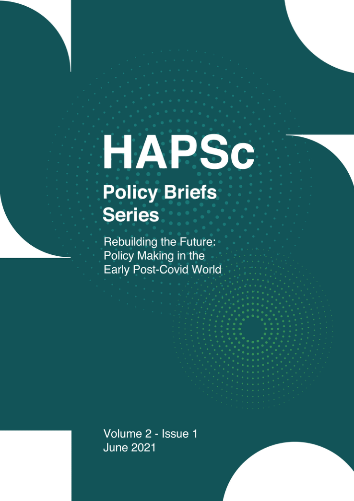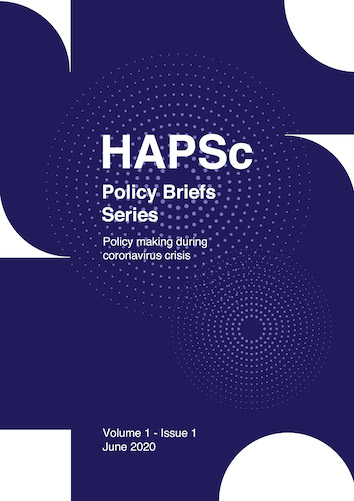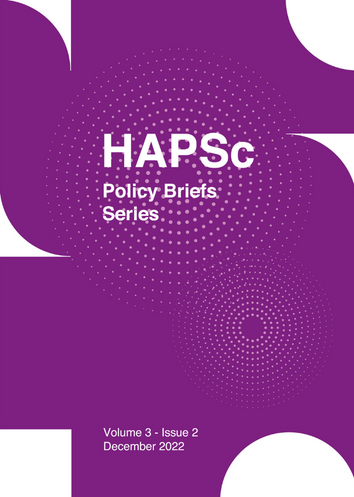The Role of European Agencies in Transboundary Crises: Perspectives in the Post COVID-19 Era
Abstract
European Agencies (EAs) have a significant influence on policy-making and decision-making in key areas, whether we are talking about the daily lives of the citizens or about crisis management. The emergence of EAs was an institutional response to the need for policy coordination in the EU΄s system of governance. The last decade has created a new reality for the European Union, characterized by successive external transboundary crises. The increasingly urgent need for a European crisis response could signal a more active role for European agencies. During the global financial and public debt crisis, part of the EU's response was to set up three new European Agencies. The refugee crisis further strengthened existing agencies, such as EASO and FRONTEX. EU agencies are already playing an increasingly important role in shaping European policies as solutions to crises. Through the experience of the ongoing pandemic crisis of COVD-19, this policy brief seeks to highlight the importance of European Agencies in an effective European response to crises and to contribute to the discussion about the future role of EAs in transboundary crisis management.
Article Details
- Zitationsvorschlag
-
Nastos, G. (2021). The Role of European Agencies in Transboundary Crises: Perspectives in the Post COVID-19 Era. HAPSc Policy Briefs Series, 2(1), 166–174. https://doi.org/10.12681/hapscpbs.27673
- Rubrik
- Articles

Dieses Werk steht unter der Lizenz Creative Commons Namensnennung 4.0 International. Authors retain copyright and grant the journal right of first publication with the work simultaneously licensed under a Creative Commons Attribution License that allows others to share the work with an acknowledgement of the work's authorship and initial publication in this journal.





